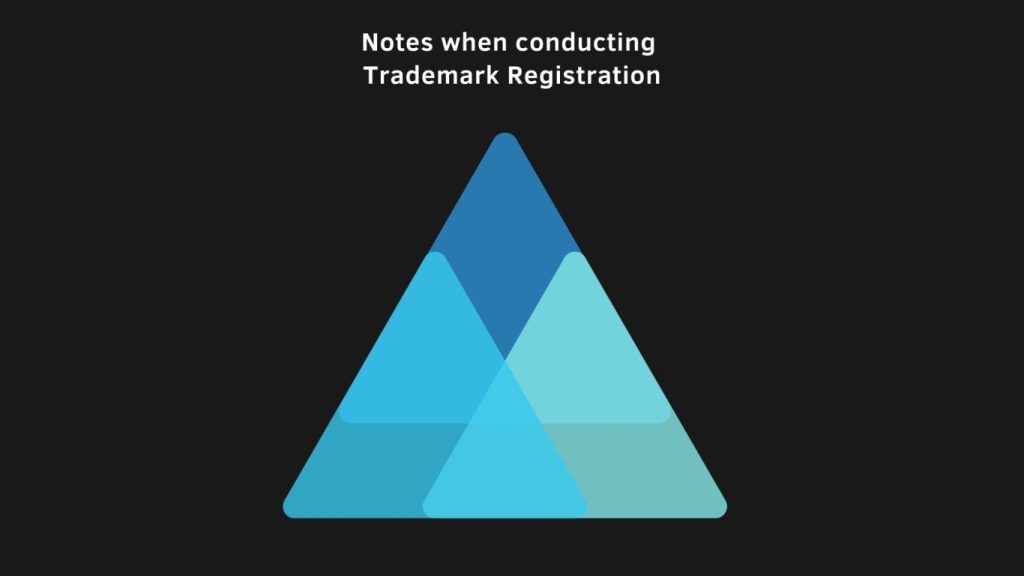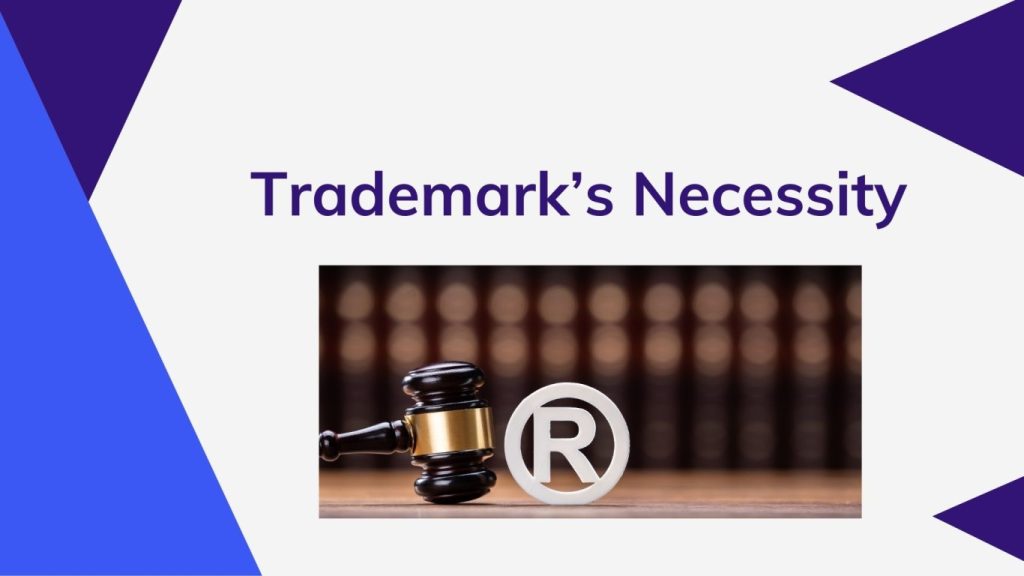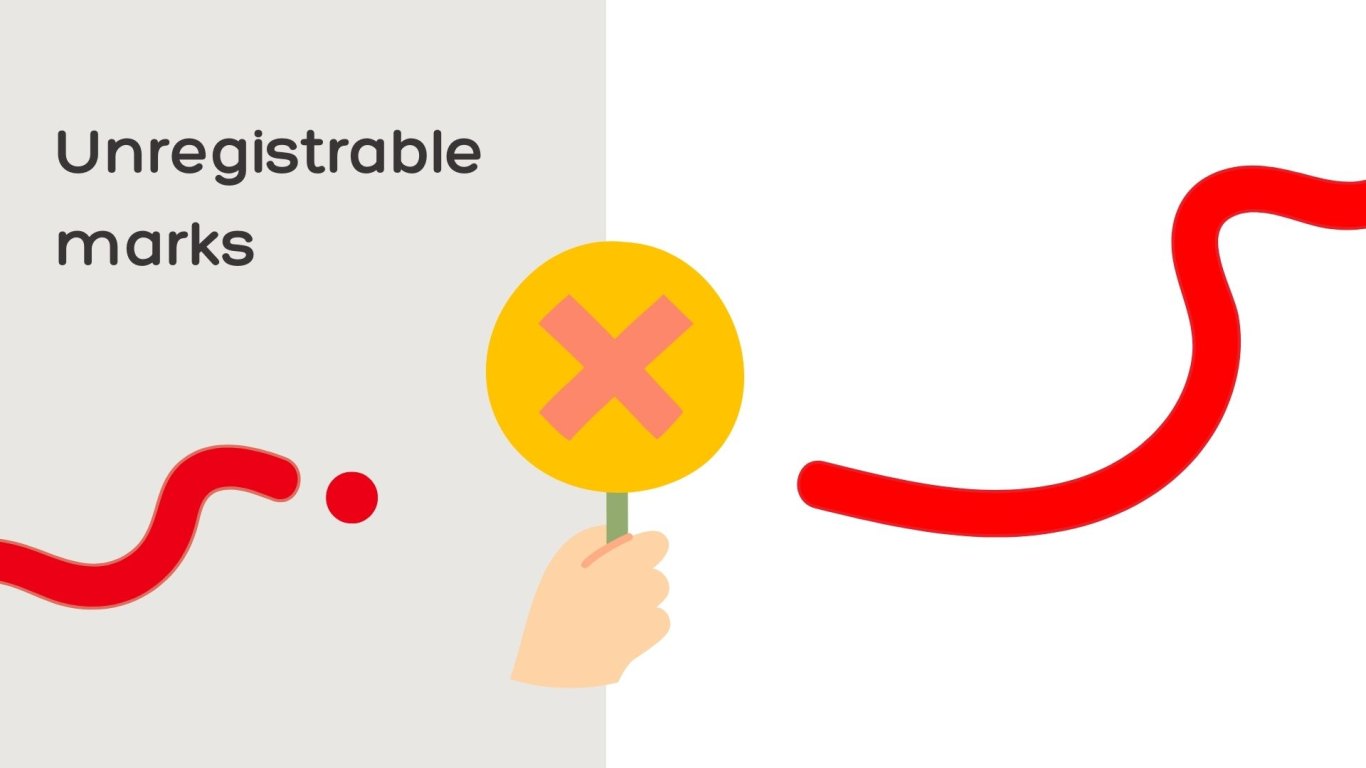In South Korea, the trademark registration process is governed by specific regulations that determine what can and cannot be protected. Understanding these rules is essential for businesses and individuals who wish to secure trademark protection. This article will outline what cannot be protected as a trademark in South Korea, providing a comprehensive guide to help you navigate the complexities of trademark law in the country.

Understanding What Can Be Protected as a Trademark in South Korea
Before diving into what cannot be protected as a trademark in South Korea, it’s essential to understand the basic criteria for protection. In general, trademarks can include words, logos, symbols, colors, and even sounds that distinguish the goods or services of one entity from those of another. These marks must be distinctive and not confusingly similar to existing trademarks.
However, not all signs, symbols, or phrases are eligible for trademark protection. South Korean trademark law outlines several categories of marks that cannot be registering trademark in South Korea. Understanding these categories will help ensure that your application meets the necessary requirements.
1. Descriptive and Generic Terms
Contact ASL for Filing Trademark in South Korea:
Email: [email protected]
WhatsApp/WeChat: (+65) 8749 6692
One of the primary categories of what cannot be protected as a trademark in South Korea includes descriptive and generic terms. If a trademark merely describes the quality, quantity, function, or other characteristics of the goods or services, it is not eligible for registration. For example, the word “sweet” for a candy brand or “fast” for a delivery service would likely be rejected because they describe the product rather than distinguish it.
Generic terms, which refer to the common name of the product or service itself, are also not protectable. An example would be trying to register “Computer” as a trademark for a brand of computers. These terms are considered public domain and are not owned by any one entity.
2. Deceptive or Misleading Marks
Another category of marks that can not be protected in South Korea includes those that are deceptive or likely to mislead the public. If a trademark gives a false impression about the nature, quality, or origin of the goods or services, it will be rejected. For example, using “Organic” in the trademark for a product that is not organic would be considered misleading.
3. Marks Contrary to Public Order or Morality
Marks that are deemed contrary to public order, morality, or accepted principles of social ethics fall into the category of what cannot be protected as a trademark in South Korea. This includes marks that are obscene, offensive, or promote illegal activities. South Korean trademark law is stringent in this regard, ensuring that registered trademarks do not conflict with the country’s social and cultural norms.
4. National Flags, Emblems, and Official Signs
Trademarks that consist of or closely resemble national flags, state emblems, official government signs, or seals are not eligible for protection. This rule is in place to prevent the misuse of symbols that represent a nation’s sovereignty or governmental authority. For example, a logo incorporating the South Korean flag cannot be registered as a trademark.
5. Marks Identical or Similar to Well-Known Trademarks
One of the most important aspects of trademark protection for trademark in South Korea is ensuring that the mark is not confusingly similar to an existing, well-known trademark. If a new trademark is identical or similar to a mark that is already registered and recognized, especially one that is well-known, it will be denied protection. This rule helps prevent consumer confusion and protects the rights of established brands.
Contact ASL for Filing Trademark in South Korea:
Email: [email protected]
WhatsApp/WeChat: (+65) 8749 6692
6. Marks That Lack Distinctiveness
Distinctiveness is a core requirement for trademark protection. Marks that lack distinctiveness, such as common shapes, simple geometric figures, or commonly used phrases, are considered marks that can not be protected in South Korea. For example, trying to register a simple circle or a common phrase like “Thank You” as a trademark would likely result in rejection, as these elements do not sufficiently distinguish one brand from another.

Conclusion
Navigating the procedure of trademark application in South Korea requires a thorough understanding of what can and what cannot be protected as a trademark in South Korea. The categories outlined above—descriptive and generic terms, deceptive or misleading marks, marks contrary to public order or morality, national flags and emblems, marks similar to well-known trademarks, and marks lacking distinctiveness—are key areas to consider when preparing a trademark application.
By ensuring that your trademark does not fall into these prohibited categories, you can increase your chances of successful registration and secure strong legal protection for your brand. South Korean trademark law is designed to maintain a fair and competitive market, and understanding these regulations is crucial for any business looking to protect its intellectual property in the country.
Contact ASL for Filing Trademark in South Korea:
Email: [email protected]
WhatsApp/WeChat: (+65) 8749 6692
*** After more than 10 years of operation, ASL has been ranked as the top-tier IP Firm for years by Legal500, AsiaLaw, and WTR. We have been well known for OneTouch of IP protection in more than 27 countries with Budget savings from 15-35%. The more clients file trademark, patent, and industrial designs through ASL, the more savings our clients receive.


Leave a Reply